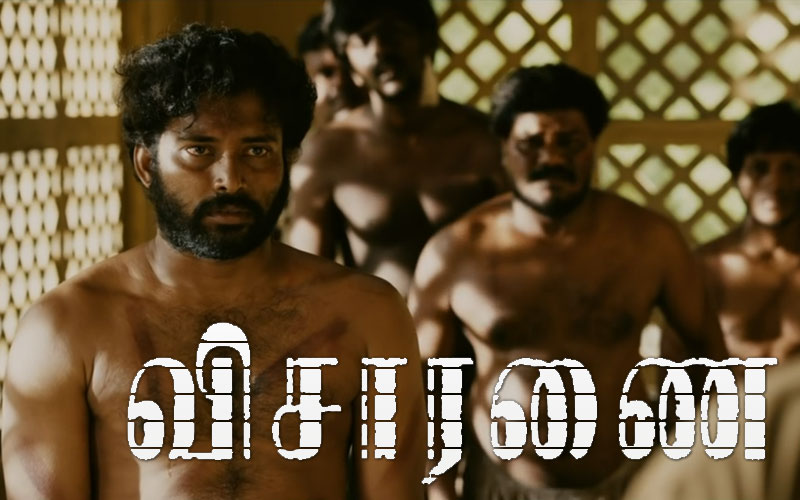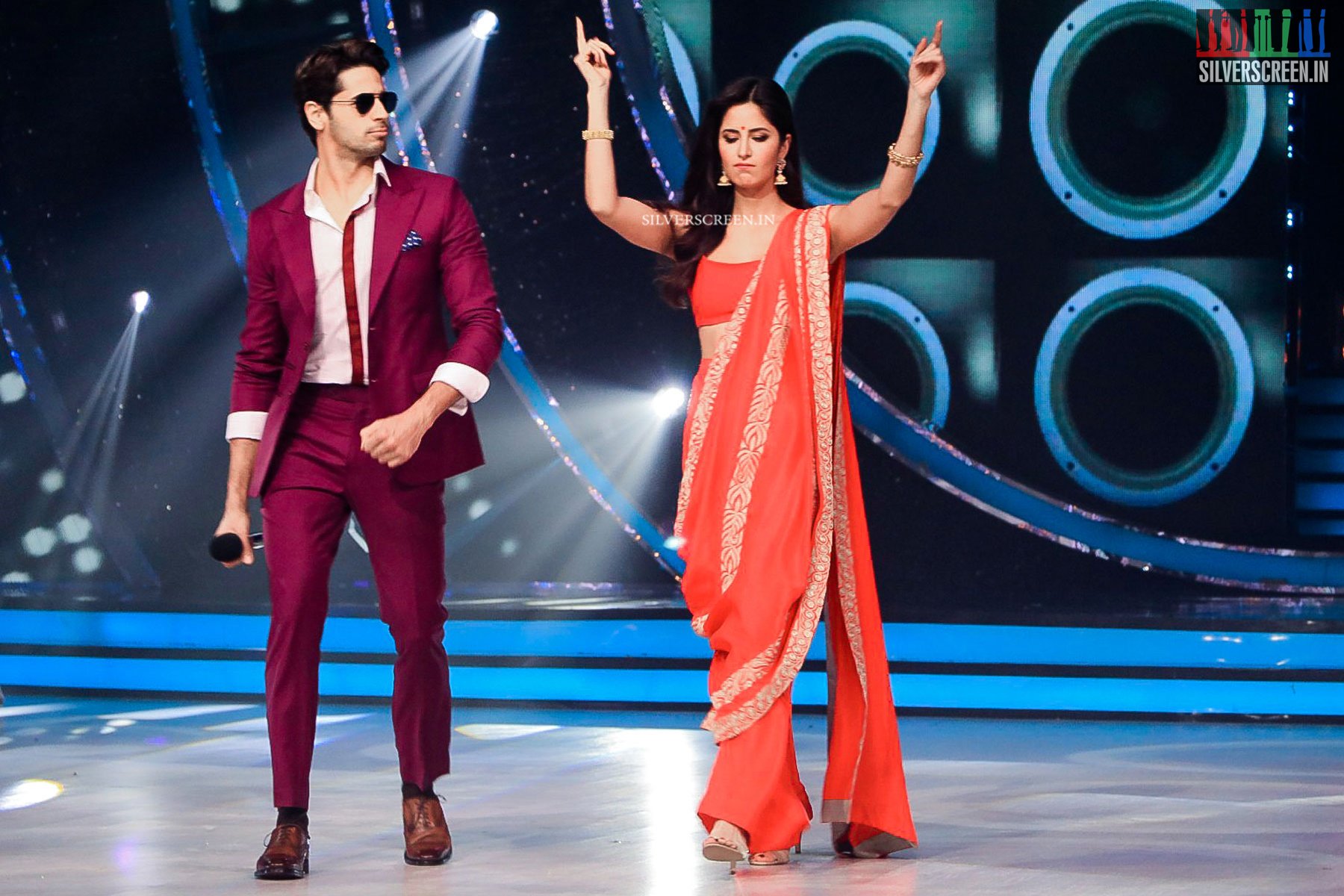Jio MAMI Mumbai Film Festival day 2. If you are into decoding exotic sounding acronyms, Jio is the name of an upcoming telecom company and MAMI is the Mumbai Academy of Moving Images. This is the 17th edition of the Mumbai Film Festival. We bring you daily reports by Aditya Shrikrishna, writing live from Mumbai.
Two women walk out of Mina Walking praising it to the skies. And end the conversation wondering how The Assassin, the best director winner at Cannes 2015, could be so boring. One of them slept through it. “How did this win the Best Director at Cannes?”
*****
There is an exquisite list of films at the Mumbai Film Festival this year, with major players from Cannes, Berlin, Venice and Locarno being screened. The reaction of people to art – any art – is coloured by individual moods and preconceived notions. And this is especially stark at a film festival like this one. Schedules clash. Screenings are cancelled, sometimes abruptly. You have to travel from one part of the city to another in the searing October heat. And you sometimes end up watching a movie you had not planned for.
At MAMI this year, the organisers are pretty strict about the “show-up-15-minutes-early-to-a-screening rule. I had reserved seats for Jafar Panahi’s Taxi and was driven away because I was 2 minutes late. And so, I had to settle for Mina Walking, a documentary style feature by Yosaf Baraki, about a week in the life of a 12 year old girl from Kabul, as she takes care of her house, her father and her grandfather.
Is it fair to Baraki if I write about a film that “settled for”? Or does it matter, because even that ones that chose to watch the movie have their own set of dispositions?
*****
Gurvinder Singh’s Chauthi Koot (The Fourth Direction) is something I wanted to watch. The movie was screened in the UnCertain Regard section at this year’s Cannes and today was its Indian premiere. Chauthi Koot, with the Sikh separatist movement in Punjab as its backdrop, is undeniably atmospheric; with fear and distrust looming over the film from start to finish.
Singh employs a frame narrative to capture two friends walking briskly to catch the last passenger train to Amritsar. They manage to get into a freight train that already has a few people in it. The guard in the last train that is supposed to travel empty doesn’t trust the group wanting to make the journey in these desperate times. And in the story-within, a family man name Joginder doesn’t trust a man and his wife who have lost their way searching for their relative’s house. Policemen don’t trust Joginder. And later, Joginder doesn’t trust himself and gives in to his fear and paranoia when he’s had enough.
Chauthi Koot is not an easy film to watch, but perhaps that is the point.
*****
While death and violence are an invisible – but hovering – presence in Chauthi Koot, Raam Reddy’s Kannada film Thithi celebrates death in unimaginable ways. The movie, winner of 2 awards at Locarno is making its Asian premiere at MAMI.
Century Gowda, introduced in a you-have-to-see-it-to-believe-it fashion in the first scene, drops dead. His son Gaddappa when told, says, “It’s fine. No big deal.” That’s also the approach director Raam Reddy and his writer Eregowda take towards the movie. The actors are all common folk from Eragowda’s village. Paired with a sympathetic crew that worked with them on their limitations,
And when you listen to Reddy describing how his crew worked with the actors to bring this magical film to screen, it is no wonder it looks so natural.
Recommended
The joy of Thithi is in the little things – the women – a bar owner masquerading as a loan shark, one who keeps her husband firmly under her thumb; a group of outrageously hospitable shepherds.; and a man who is at the wake only for the meat. In between, a love story that could have been a film on its own.
The writing in Thithi is so organic and crafty, with one set of detail dovetailing neatly into another. Like how Gaddappa is found during the thithi function, and how the husband of the aforementioned woman is a little too hospitable to land buyers. Thithi reminds you a lot of Manikandan’s Kaakka Muttai in its characters and their infectious warmth. One can only hope it gets the same type of reception from the masses.
*****



